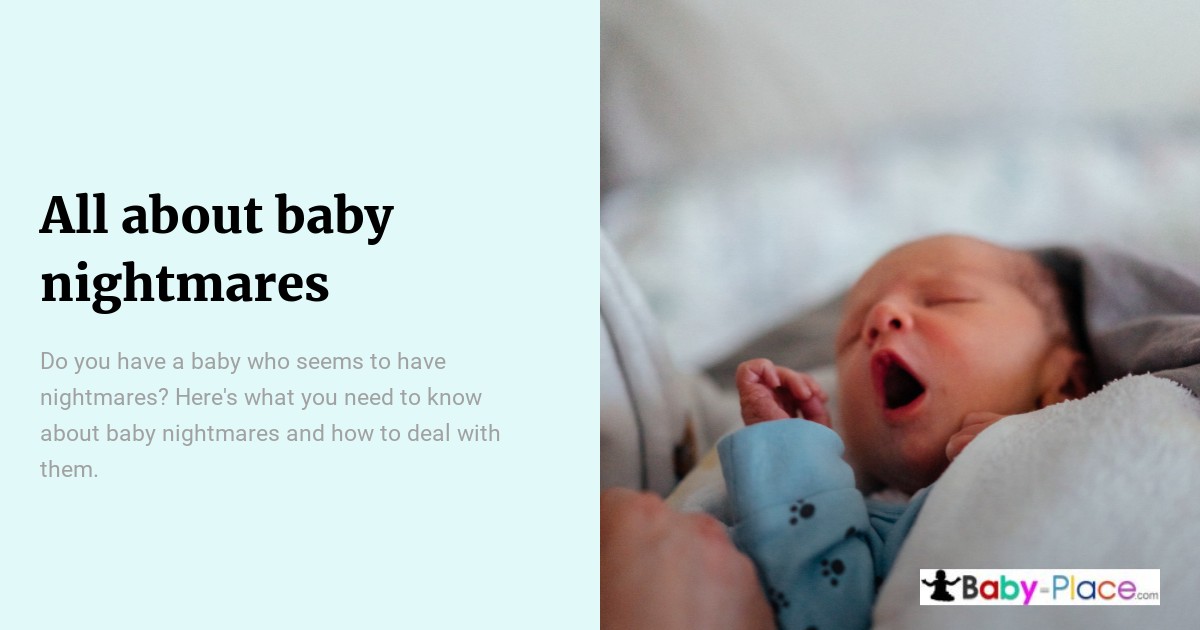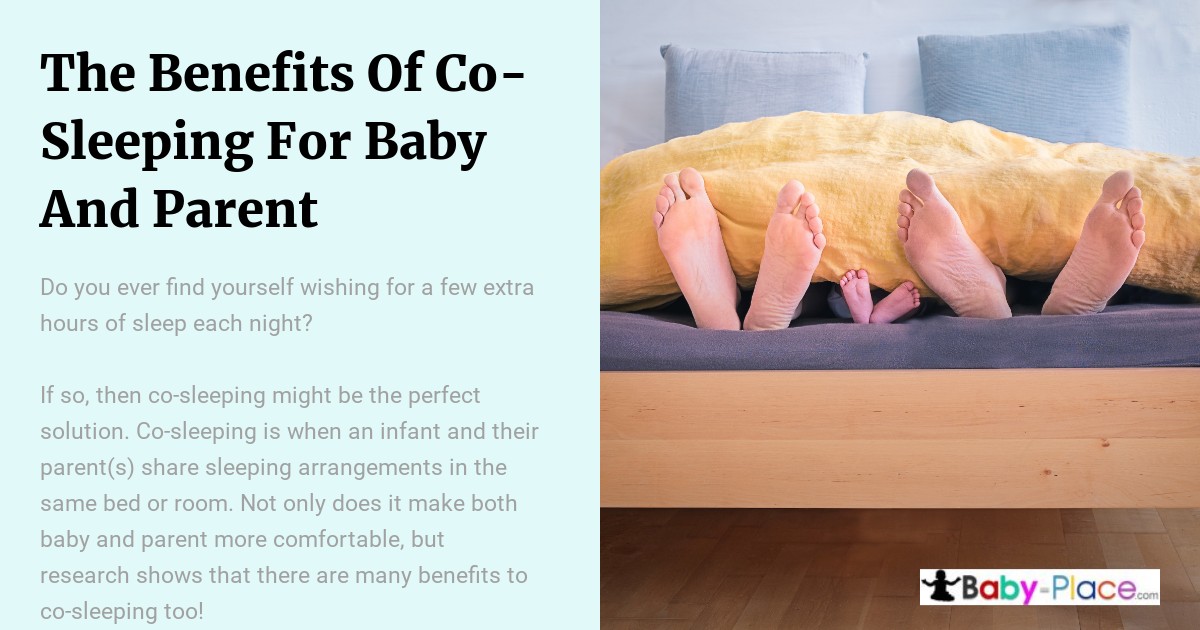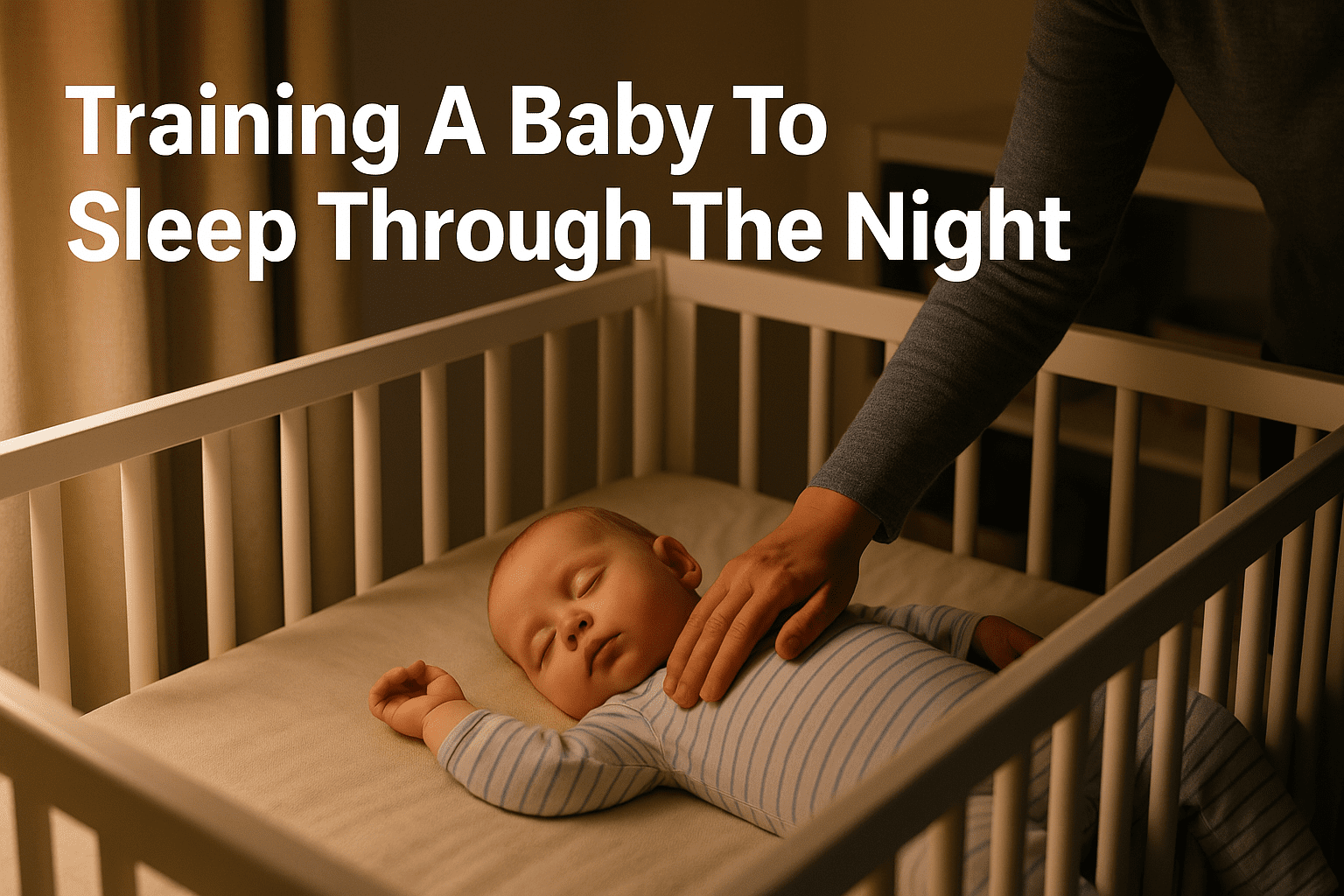
Can babies have nightmares?
We all know the feeling of waking up in a cold sweat. Your heart is racing as you have just had a nightmare.
However, it’s not just you who’s having them. According to a study from 2015, over 50% of babies also have bad dreams or nightmares.
What are baby nightmares?
Nightmares are more common in young children, but can occur at any age. They are different from night terrors, which occur in the first few hours after falling asleep and may include a period of crying or screaming. Nightmares usually happen later in the night and often cause the child to wake up and be afraid to go back to sleep.
Most children have occasional nightmares, but they can be a regular event for some. Nightmares can be upsetting and may cause sleep problems, but they are not harmful and do not indicate anything wrong with your child.
In most cases, children will grow out of having nightmares.
What causes baby nightmares?
Several factors can contribute. Many experts believe that an overactive imagination causes nightmares during infancy. A baby’s brain is not fully developed and cannot differentiate between reality and fantasy. As they grow older, children are able to make this differentiation more easily.
Other causes of baby nightmares can include:
- An underlying medical condition: If your baby has a medical condition that causes them pain or discomfort, this can be a trigger for nightmares. Teething, Ear infections, reflux, and colic are all common examples. The good news is that these are likely to be temporary.
- Sleep deprivation: If your baby is not getting enough sleep, this could also lead to nightmares.
- Stressful events: If your baby has recently experienced a traumatic or stressful event, this can also be a catalyst for nightmares.
How can you help your baby through a nightmare?
While nightmares can be scary for both babies and parents, there are ways to help your little one through them.
Here are a few tips:
- Reassure your baby. Let them know that you’re there and that they’re safe. You can try saying things like, “I’m here. It’s OK,” or “You’re having a bad dream.” Even if they are too young to understand specifically what you are saying, they will be able to hear the reassurance in your voice.
- Comfort your baby. You can try rocking them or holding them until they fall back asleep.
- Try not to overreact. If you show that you’re scared or upset, it might make your baby more upset, also. Try to stay calm.
- -Don’t try to force your baby to go back to sleep. If they seem too agitated, it’s best not to force them to go back to sleep until they are ready.
What if your baby has recurrent nightmares?
If your baby has recurrent nightmares, it may be helpful to keep a dream journal that records any unusual activity from that day. This can help identify possible triggering factors.
You may also want to try some of the following measures to ease your baby’s fear and help them get a good night’s sleep:
- If old enough, encourage your child to talk about their nightmares. This can help them feel more in control and less afraid.
- Talk about the difference between dreams and reality. Helping your child understand that dreams are not real can make them less afraid of going to sleep.
- Make sure your child has a regular bedtime routine. A calming bedtime routine can help reduce anxiety and stop nightmares.
- Encourage your child to use a “dreamcatcher” or “worry doll.” These can help ease fears and calm nightmares.
- Try relaxation techniques with your child before bedtime. This can include deep breathing, visualization, or massage.
What are the different types of baby nightmares?
Take the following with a pinch of salt, as we have no real way of knowing until a baby is old enough to actually tell us what his dream is about!
Babies can have four different types of nightmares:
- Bad dreams about people
- Bad dreams about animals
- Bad dreams about scary situations
- Bad dreams that are simply bizarre with no specific content
Most nightmares peak during the toddler years, between 18 months and 3 years old. They then gradually decline until around 5, when they stop.
Bad dreams about people are the most common type of nightmare for babies. These nightmares often involve a monster or witch coming to get the child, but they can also be more mundane, such as a babysitter who is mean to the child or a sibling who is bullying them.
Bad dreams about animals are less common than bad dreams about people, but they can be just as upsetting for babies. These nightmares may involve being chased by a wild animal or attacked by a pet.
Dreams about scary situations are another nightmare that can be particularly upsetting for babies. These may involve being trapped in a burning building or caught in an avalanche.
Finally, some nightmares are simply bizarre and have no specific content. These may involve bizarre creatures or parts of the imagination that don’t make any sense.
How do you know if your baby is having a nightmare?
While bad dreams or nightmares can be upsetting for you and your baby, they’re a regular part of your little one’s development. Dreams are a way for babies and young children to process the events of the day and make sense of the world around them.
Most nightmares occur during the night’s second half, during REM (rapid eye movement) sleep. Babies usually start to have REM sleep from about 6 weeks old.
You might notice your baby waking up crying from a nightmare, or she might just seem unsettled or afraid when she wakes up. She might even be sweating, have a fast heart rate, or breathe quickly.
If your baby is having a nightmare, it’s best to comfort her and help her get back to sleep. Nightmares can be frightening, but they’re not harmful and don’t mean anything is wrong with your baby.
What are the consequences of baby nightmares?
Nightmares can cause babies to become afraid of falling asleep and may lead to sleep problems in childhood and adulthood. It is important to ensure that nightmares do not become a regular occurrence. If they do, speak to your doctor or a sleep specialist.
Frequently Asked Questions:
Can babies have nightmares?
Yes, according to a 2015 study, over 50% of babies experience bad dreams or nightmares. Nightmares are a common part of development and usually occur during REM sleep, which babies start experiencing from about 6 weeks old.
What causes baby nightmares?
Several factors can contribute to baby nightmares, including an overactive imagination, underlying medical conditions (like teething or ear infections), sleep deprivation, or stressful events. As babies grow older, they typically outgrow frequent nightmares.
How can you help a baby through a nightmare?
To help a baby through a nightmare, reassure them with a calm voice, comfort them by holding or rocking them, and avoid overreacting. Do not force them back to sleep if they seem too agitated. Providing a sense of safety is key.
What should you do if your baby has recurrent nightmares?
If nightmares are frequent, keep a dream journal to identify triggers, establish a calming bedtime routine, and encourage relaxation techniques. For older babies, discussing dreams and differentiating them from reality can also help.
How do you know if your baby is having a nightmare?
Signs of a nightmare include waking up crying, appearing unsettled or afraid, sweating, rapid heart rate, or fast breathing. Nightmares usually occur in the second half of the night during REM sleep.



